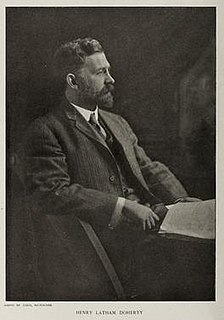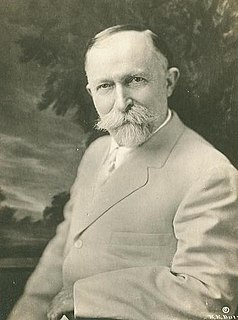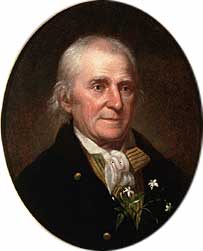A Quote by Bertrand Russell
Human nature is so constructed that it gives affection most readily to those who seem least to demand it.
Related Quotes
A tyrannous and gluttonous demand for affection can be a horrible thing. But in ordinary life no one calls a child selfish because it turns for comfort to its mother; nor an adult who turns to his fellow "for company." Those, whether children or adults, who do so least are not usually the most selfless.
In libertinage, nothing is frightful, because everything libertinage suggests is also a natural inspiration; the most extraordinary, the most bizarre acts, those which most arrantly seem to conflict with every law, every human institution... even those that are not frightful, and there is not one amongst them all that cannot be demonstrated within the boundaries of nature.
Religion consists much in holy affection; but those exercises of affection which are most distinguishing of true religion are these practical exercises. Friendship between earthly friends consists much in affection; but those strong exercises of affection that actually carry them through fire and water for each other are the highest evidences of true friendship.
All the inventions and devices ever constructed by the human hand or conceived by the human mind, no matter how delicate, how intricate and complicated, are simple, childish toys compared with that most marvelously wrought mechanism, the human body. Its parts are far more delicate, and their mutual adjustments infinitely more accurate, than are those of the most perfect chronometer ever made.
Unfortunately, the world has taken some of the greatest minds God has given us and locked them up in cages. Most very brilliant or creative people seem strange to ordinary people. Geniuses are almost always outcasts. The intelligent are bullied on the playground. They see the world differently and are shunned for it. They nearly all turn out to be lonely at the least, locked up at the worst. It's human nature to encourage the status quo and shun those who see life differently.
More fundamental than religion is our basic human spirituality. We have a basic human disposition towards love, kindness and affection, irrespective of whether we have a religious framework or not. When we nurture this most basic human resource - when we set about cultivating those basic inner values which we all appreciate in others, then we start to live spiritually.



































